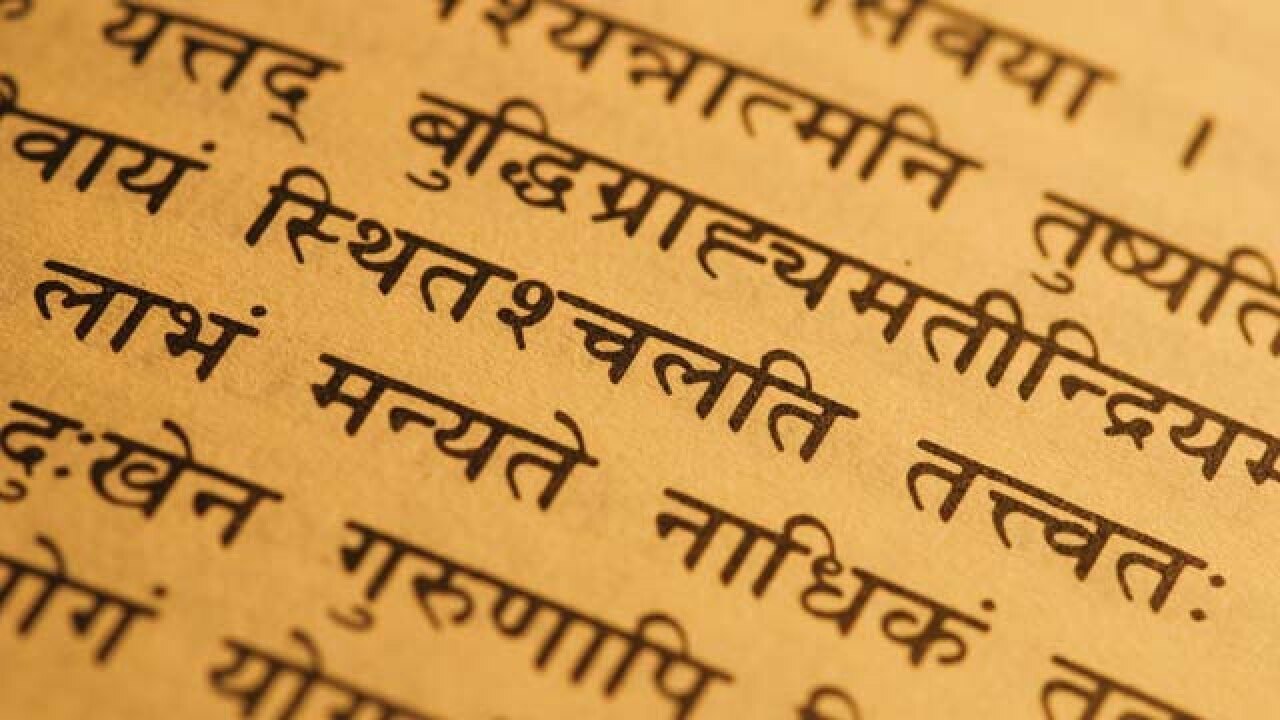
A udrey Truschke is a Professor of Religious Studies in Stanford, California, and has gained some fame with her work on the patronage of Sanskrit by the Mughuls. In order to get that far, she had to toe the ideologically mandatory line: neither in America nor in India does the Hindu-baiting establishment allow a dissident to get seriously established in the academic world. Predictably, we see her elaborating the same positions already taken by an earlier generation of academics, such as whitewashing Aurangzeb. Not that this was a hard job for her: one gets the impression that she is a true believer and really means what she says. Then again, she may have done an excellent job of creating the desired impression all while secretly knowing better.
.... The bourgeoisie sets great store by status. Scholars go by a different criterion: knowledge. They know, through learning or personal experience, that for some of the great insights and discoveries we are indebted to outsiders and amateurs; and that quite a few of their colleagues have big positions not corresponding to their actual knowledge. They also know that holding the required opinions can make or break an academic career: either formally, as when a non-Anglican could not get admission to Oxford University, or informally, as under the reign of progressivist conformism today.
To think highly of the academic world presupposes a link between scientific achievement and academic rank, and this largely makes sense in the exact sciences. In the humanities, especially in the social “science” and literature departments, this link is also deduced, but only as a parasitical extension of the conventions in the exact sciences. Much of what passes for scholarship these days is only ideology wrapped in jargon. Some sophomores take it seriously: having just gained entry into the academic world, they idealize it and are proud of their belonging to a higher world distinct from lay society. And most laymen believe it: over-awed by status, they assume that academic status presupposes both knowledge and objectivity, the basis of academic authority.
There exists a test for objective knowledge: a good theory predicts. Physicists who know the relevant parameters of an object in motion, can predict its location at future times. Well, how about the predictions by the academic India-watchers? In the mid-1990s, when the BJP’s imminent coming to power was a much-discussed probability, top academics predicted that a BJP government would turn India into a Vedic dictatorship, whatever that may be. They were put in the wrong even swifter than expected: in 1996, BJP leader AB Vajpayee was Prime Minister for 13 days, then lost the vote of confidence, and instead of seizing power for good, he meekly stepped down. Academics predicted the victimization of Dalits and women, gas chambers, “all Indian Muslims thrown into the Indian Ocean”, and what not. Well, the BJP has been in power from 1998 till 2004, and since 2014: where are those gas chambers?
Scholars of modern India, as well as historians of fields relevant for contemporary political debates, have a lot to be modest about. They may have academic positions, but their record is not such that they are in a position to talk down to outsiders, the way Truschke now does.
The author is an Indologist. The Unabridged rejoinder is on http://www.pragyata.com/mag/academic-bullies-278